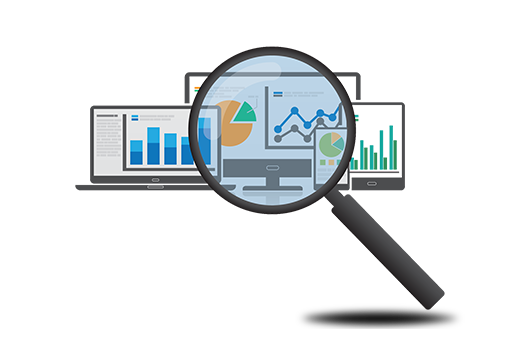If companies want to achieve operational success, then it is important for them to promote a culture of compliance.The term “compliance” generally includes obedience with the legal requirements, regulations and codes of conduct or to comply with the latest policies for maintaining industry standards. Nowadays, this usually means to show commitment with integrity. Several compliance measures must be taken at all levels to execute a culture of compliance. Compliance is mainly the result effective management,on the contrary, compliance crimes often comes from inadequate or bad administration.
An effective compliance management system depends on certain key elements to avoid violations of the government regulations and law as much as possible. These key compliance elements execute professional integrity. Effective compliance management is therefore an indispensable element of care management.
Compliance Management Executes Corporate Governance at all Levels
In the business world, compliance management means respecting laws and complying with industry standards and internal rules. It is also linked to a general obligation to strong values and a clear commitment to compliance activities and executing internal business strategies proficiently. Risk-based compliance management is one of the most important and the constituent elements for financial institutions as more and more finance products are evolving and becoming increasingly complex. At the same time, regulation has increased with new competition laws, data protection, right of retention, corruption, legislation and specific regulations for company types and their consistent application by the authorities. Furthermore, the expectations of investors, non-governmental organizations, employees, media and public companies must act with their own set of rules and regulations. Even with integrity in their business relationships, things can go out of order, that is why companies must ensure that all compliance activities are executed well in accordance with everything.
However, it is becoming a challenge for most of the companies to be able to comply or execute compliance with complex operations. Companies without full compliance may face the risk of significant financial loss, loss of reputation or may even lose their operating license. On the other hand, effective compliance with policies can bring about comparative advantage and execute better control of business challenges. Therefore, companies have an intrinsic interest in a compliance culture with greater integrity and therefore to execute effective compliance management, companies must discover the basic key elements and focus on its basic needs.
Coming Up with an Integrated Framework for Effective Compliance Management
Senior management at any organization must be committed to the highest standards of integrity. It is also important for them to have and maintain the internal codes of conduct, key elements of corporate culture and the fundamental principles of conducting business operations. An integrated robust framework can be established to define, maintain and access certain code of ethics or guidelines. With consistent management to ensures compliance with these guidelines, there is no doubt that the employees will also act with integrity and respect with certain regulation as per the industry dynamics in all circumstances and would then always make the right choice.
An integrated framework for compliance management can take care of adequate financial resources. However, a robust compliance management software for financial institutions can be implemented to execute some complex compliance functions such as audit, investigation, policy or regulation review or regulation change. Such compliance functions can be easily organized separately or be integrated with other support functions to provide the necessary function.
Conducting Risk Analysis and the Appropriate Training
The compliance processes can often seem complicated but not impossible. Some complex compliance functions include regular analysis of legal risks,implementation of internal directives, important assessments or providing essential trainings to managers and employees so they may report on compliance issues or violations.
Conducting Audit to Test the Effectiveness of Compliance Measures
Management should always make sure that the company’s compliance programs are applied regularly and consistently. However, to test its effectiveness, all compliance programs or activities must be adopted with risk-based conditions. This would report any changes with company’s business operations. It would also allow to diligently observe any changes in the company’s quality standards.
The effectiveness of the compliance program can be checked regularly with audits investigation protocols. If there are any gaps, then the management has the obligation to ensure a rapid adaptation of the compliance program, e.g. imposing sanctions for violations and, if necessary, take the necessary measures for regulatory adjustments.
